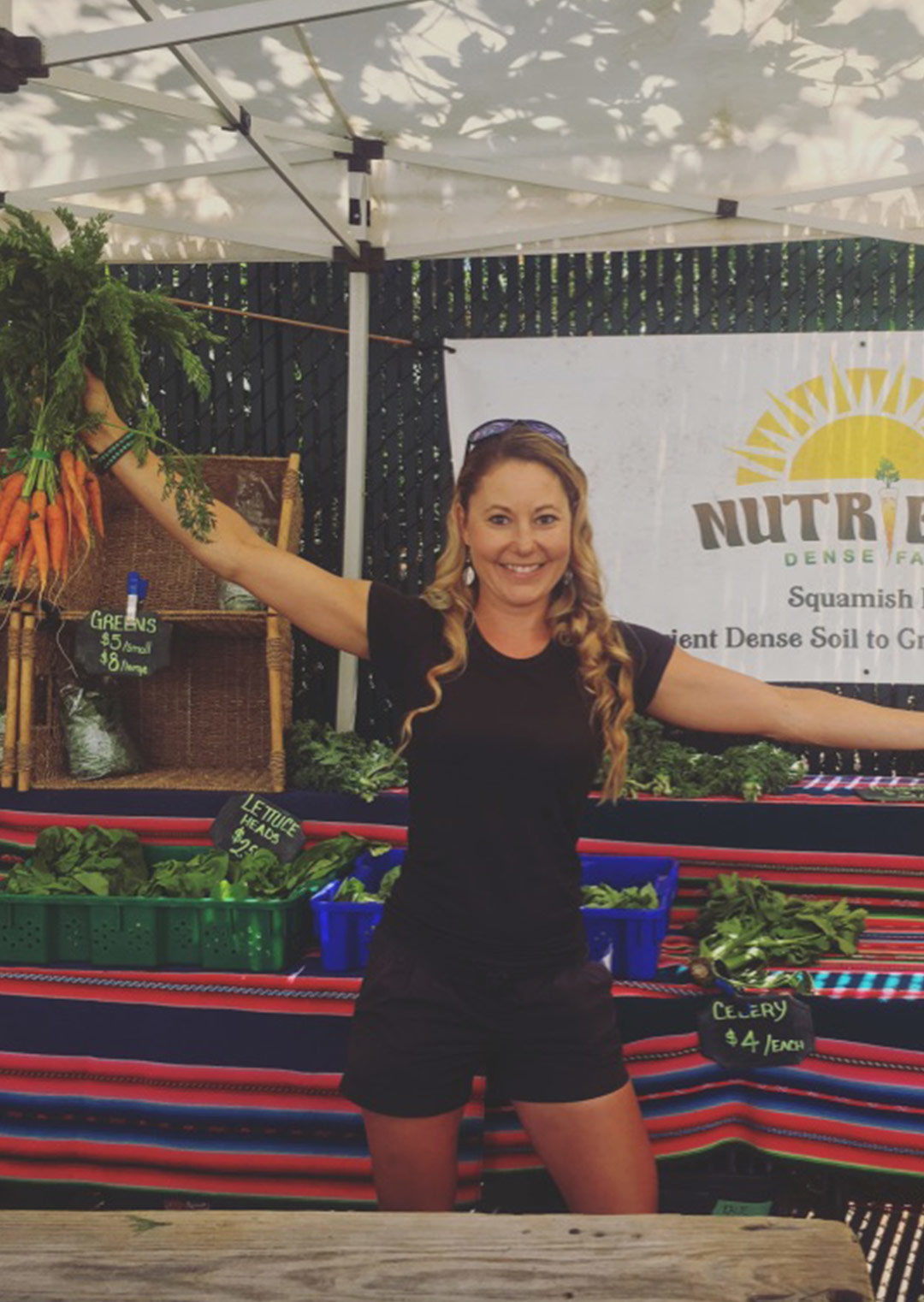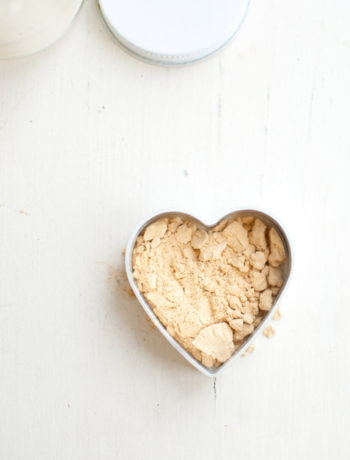Peace, love, plants
I’m sure many of you hear the term Vegan and envision some hippie chic who’s burning incense, hasn’t showered in weeks and is listening to the Grateful Dead in a “Meat is Murder” t-shirt—but did you know UFC Fighter, Mac Danzig is Vegan?
For elite athletes or someone like me who works out 5-6 days per week, hates incense and listens to Dierks Bentley, how can being vegan fit my lifestyle? Well, it’s difficult to argue with science and science is continuing show staggering data and benefits of adopting a plant-based lifestyle.
The protein bandwagon
We live in a society that screams protein, protein, protein non-stop. Furthermore, we have been willfully misled to believe that meat and dairy products are the only true source of dietary protein.
Protein is an essential nutrient for building and repairing muscle tissue. However, animal protein is not the healthiest food we can eat and it’s strongly associated with diabetes, cancer, hypertension and heart disease. On the flipside, there is zero evidence that plant-based eaters get too little protein plus vegetables, fruit, seeds and nuts have been shown to protect against and reverse disease.
Why I’m switching to a plant-based life
Besides my rebel personality always wanting to do the opposite of what most people do, there is an overwhelming amount of data justifying a plant-based diet that I simply can’t ignore. Studies have established a strong correlation between plant-based eating and longevity, reduction in disease and overall well-being.
I’m more of a “social meat eater” these days anyway and don’t consume milk, cheese, eggs or red meat so the jump to fully plant-based seems like a no-brainer. Here are a few of the top reasons why I’m making the switch and some demystifying facts about a plant-based vs meat-based diet.
Gorillas are vegan
Do you think gorillas are chugging whey shakes and mowing down on steak for strength and muscle mass? Think not. Our powerful and burly vegan relatives get all their protein from plants—that says something. Apes also don’t develop obesity, diabetes or heart disease—and they have a pretty good sex life from what I’ve heard!
Elite plant-based / vegan athletes are everywhere
The words “vegan” and “athlete” don’t often find themselves in the same sentence, but plant-powered athletes like Rich Roll (ultra-athlete), Venus Williams (tennis champion), Mac Danzig (UFC Fighter), Scott Jurek (ultra-runner) and Whitney McClintock Rini (Waterki World Champion) are all thriving on plant-based eating at an elite level.
You don’t need as much protein as you think
Nuts, seeds, quinoa, legumes, algae, soy and seitan are all plant-based sources of protein that are also filled with vitamins, minerals, and fiber.
The fact is, if you ate nothing but a variety of fresh fruit, you still would never suffer a deficiency of protein (or even any particular amino acid). Most likely you’re already getting twice as much protein as you actually need. That can actually harm the body or cause weight gain.
Plant-based eating reduces cancer & disease
Meat and dairy have been specifically linked to increased cancer in numerous studies.
Giving up dairy is one of the best things a person can do to decrease their risks of developing cancer or experiencing cancer cell growth—it might be tough at first, but try nut milk instead. By consuming a diet rich in fruit and vegetables you’re further helping to decrease the risk of several types of cancers.
“There are two kinds of cardiologists: vegans and those who haven’t read the data” — Vegan Cardiologist – Dr. Kim A. Williams
Plant-based iron
I was anemic when on a meat-inclusive diet, so switching to plant-based means I’ll be relying on plants, nuts and seeds for my iron—this is a great test, I’ll keep ya in the loop.
There is research to show that the incidence of anemia among plant-based eaters is no higher than the general population, due to the fact that so many plant based foods happen to be high in iron. When you eat meat, you take in heme iron, which has been shown to be very oxidizing and has been linked to diabetes and heart disease.
We need more fibre!
97% of Americans are fibre-deficient. Fibre should really be considered a superfood because plant-based fibre helps remove toxic waste and carcinogens in our intestinal tract, promotes the growth of good gut bacteria, balances hormones, eliminates excess cholesterol, slows the absorption of sugar / regulates blood sugar and facilitates in weight loss by making you feel more full.
Confusing fibre fact:
Soluble fibre: dissolves into in your digestive system and binds to substances like cholesterol and sugar, preventing or slowing their absorption into the blood. It also boosts the population of good bacteria in the gut, which is linked to improved immunity, anti-inflammatory effects, and even enhanced mood. *Top sources are fruit, vegetables, beans, peas, lentils, oat bran and barley.
Insoluble fibre: does not dissolve in your digestive system and helps other foods move through your digestive system more easily, keeping you regular. *Top sources found in the tough matter of nuts, fruits, veggies and whole grains.
Both soluble and insoluble fiber are important for your health so if you’re into “juicing”, you might consider eating whole foods and/or having smoothies instead.
Meat = weight gain
In one of the largest nutrition studies ever, EPIC study, total meat consumption was significantly associated with weight gain in men and women—and the link remained even after controlling for calories. And believe it or not, chicken was the worst offender.
Top superfoods are plants
From the healing power of fungi, to protein-packed spirulina, inflammation-reducing turmeric and heart-healthy chia seeds, the list of plant-based superfoods is endless.
The worlds healthiest people are plant-based eaters
The Blue Zones of the world are where people live longer and healthier. In these places, their diets are very high in fruits, veggies and complex carbs with little to no meat and dairy.
Plant-powered recovery
Replenishing after a workout doesn’t mean whey or animal protein. A smoothie with dark leafy greens like spinach, kale, chard, beet greens, pumpkin and hemp seeds, spirulina, blueberries and turmeric. Combined with a small side of quinoa and avocado is all you need.
I  Animals
Animals
Enough said.
Plant-based eating is cheaper
A plant-based diet is typically cheaper and a recent study found that you save an average of $746/year on groceries—Yeeha more bike parts!
It’s good for the planet
Vegan diets produce only about 2.9 kg of CO2 per day, versus 7.2 kg for meat eaters.
Plant-power your life
If you want to prevent and reverse disease, rev up your metabolism, fuel your athletic endevours and do a favour for the earth, than I challenge you to try a plant-based life.





No Comments